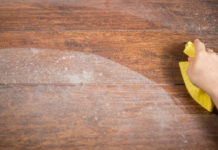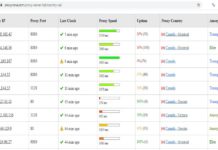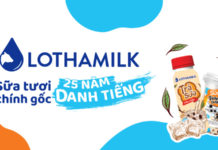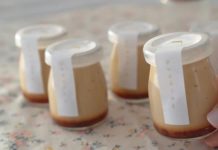Storing opened formula milk to ensure long-lasting usage and safety is a common concern for many breastfeeding mothers. If stored improperly, formula milk can easily spoil, become contaminated, and pose a risk to the baby’s health.
Let’s explore simple and effective ways to store opened formula milk in the article below.
Frequent reasons that cause formula milk to spoil
Formula milk is a product that contains a high nutritional content, which is essential for the development of young children. Despite being produced under strict processes, formula milk is susceptible to spoilage if not stored properly.
Some common mistakes in using and storing formula milk are as follows:
- Many people do not wash their hands or the measuring spoon before preparing the formula, creating opportunities for bacterial invasion.
- After preparation, the formula is not tightly sealed, allowing outside air to enter and causing moisture and mold.
- Improper storage in direct sunlight or refrigeration.
- Incorrectly following the formula mixing instructions, resulting in thin or thick consistency, or adding other foods to the formula.
The above actions can cause the formula to deteriorate, losing its initial nutritional content. In severe cases, it can cause poisoning or diarrhea in infants.
See also:
Tips for choosing the best formula milk for your baby
How long can formula milk be left out and stored in the fridge?
Essential guide for correctly preparing formula milk for your baby
How long can opened formula milk last?
According to recommendations, opened formula milk should only be used within 1 month to ensure the preservation of its nutritional content. If exposed to air for too long, the formula can undergo chemical changes and lose its original nutritional content. Therefore, the ideal time to use opened formula milk is within 1 month.
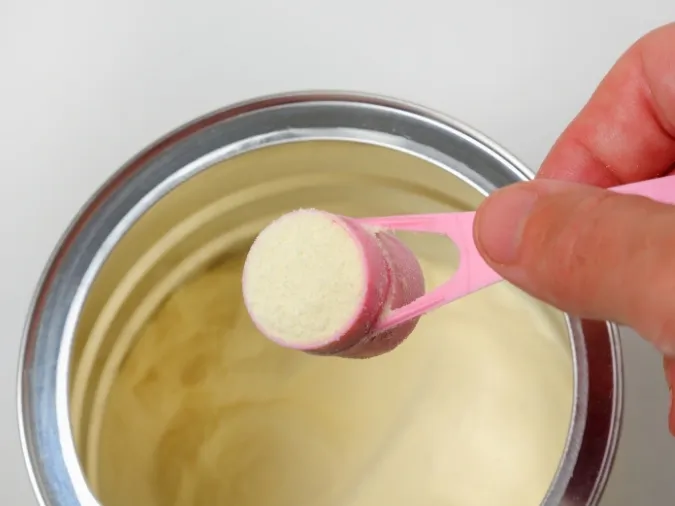
Signs that indicate spoiled formula milk
To identify spoiled formula milk, you can pay attention to some unusual signs such as strange odor, color changes, or clumping of the milk. In these cases, you should not continue to use the product for feeding your baby.
When formula milk shows these signs, it indicates that the product has been contaminated and undergone chemical changes. Continuing to use it can lead to diarrhea or poisoning in infants.
The best way to store opened formula milk
Improper storage can cause formula milk to lose its nutritional value and be harmful to the baby’s health. Besides, each formula milk product comes at a high cost, and if not used up, it can be wasteful.
To avoid these situations, you should carefully read the instructions for use and the storage methods provided by VOH as detailed below.
Store in a dry and well-ventilated place
When exposed to high heat sources such as direct sunlight, microwave, or electric stove, or in low-humidity environments, formula milk may not retain its original nutritional components.
The ideal conditions for storing formula milk are in a room temperature below 25°C and in dry, well-ventilated areas.
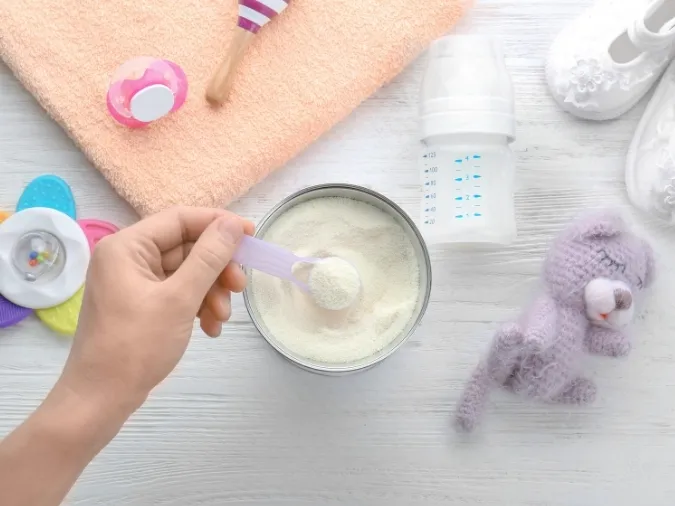
Seal the lid tightly after use
When exposed to the external environment, formula milk can be easily contaminated by bacteria, dust, or insects. Therefore, after use, you need to tightly seal the lid and avoid opening it unnecessarily.
Do not store milk in the refrigerator
Each type of food needs to be stored differently. Due to the hygroscopic nature of formula milk, you should not store it in the refrigerator like regular milk.
If placed in a cold and low-humidity environment, formula milk can clump, become moldy, lose its nutritional value, and even pose a poisoning risk to infants.
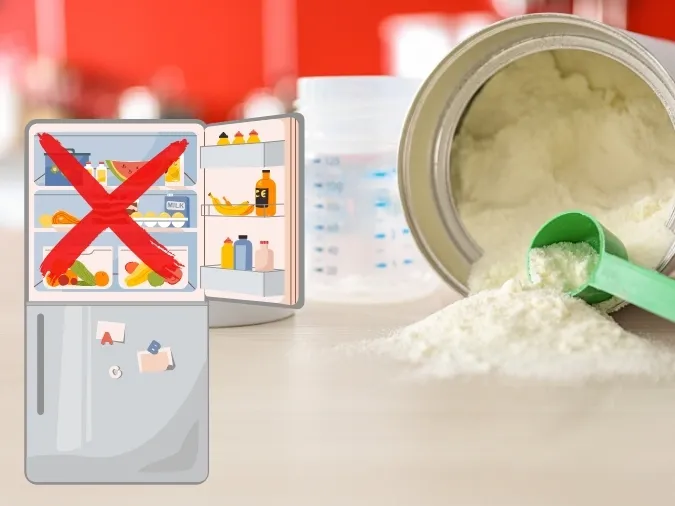
Pay attention to the expiration date of the formula
Normally, on the packaging of formula milk, the expiration date is specified as 18 months for paper boxes and 2 years for tin cans. However, once the container is opened, you should not apply this expiration period.
After opening, formula milk should be used within a certain period. The ideal time to use it is within 30 days from opening. If kept for longer, you should not use it anymore.
However, many people believe that if formula milk has not become moldy, it is still safe to use. This is completely wrong. When formula milk becomes moist, some types of mold can grow inside that are not visible to the naked eye. These molds can have negative effects on the baby’s digestive system and can even cause poisoning.
Divide the formula into smaller portions if buying in bulk
If you have purchased large-sized formula cans, it is advisable to divide the formula into the required amount for one week. Store the remaining portion carefully in a dry, well-ventilated place.
This practice helps to avoid frequent opening of the can, which can cause humidity and mold in the formula.
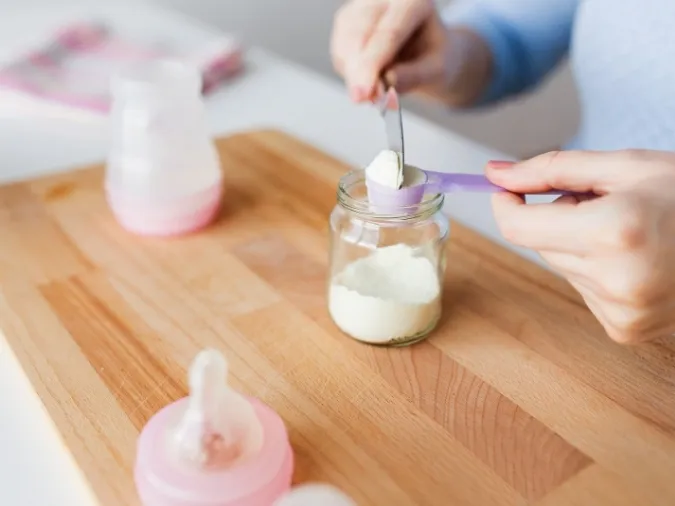
Above are the best ways to store opened formula milk to maintain its flavor and quality for your baby. Properly storing food requires caution and specific methods, especially for products intended for infants and young children. We hope this article has provided you with the necessary information to store formula milk correctly and ensure its safety when used.
Don’t forget to follow VOH – Mẹo vặt for continuous updates on the latest and most interesting knowledge.










